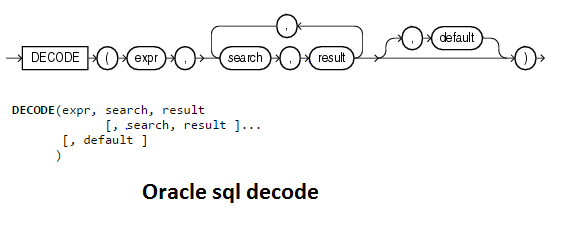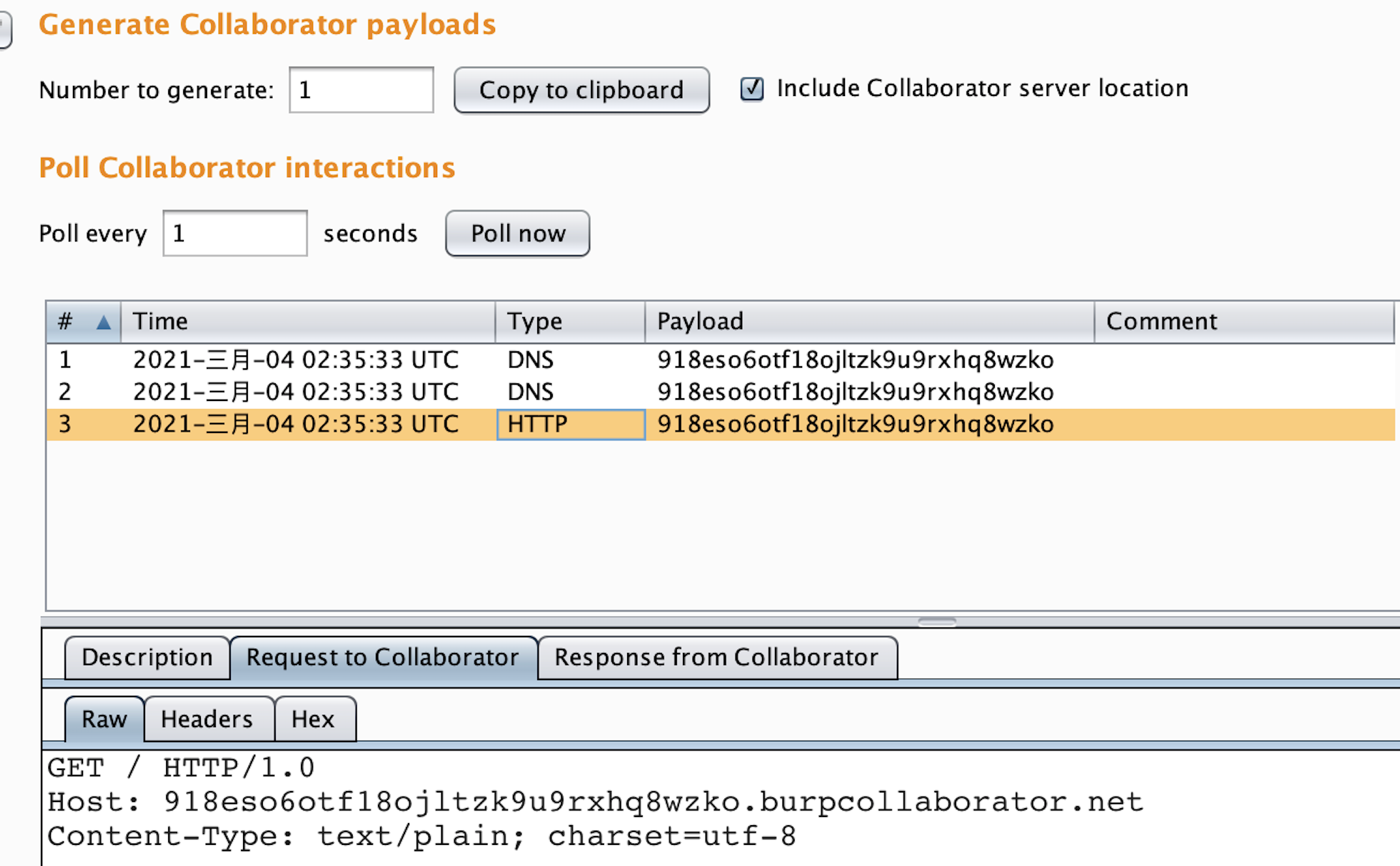
These are evaluated to obtain the values for the attributes of the root element. To create XML schema-based data, you must recompile the view.Īrgument XML-attributes-clause itself contains one or more value_expr expressions as arguments to function XMLAttributes. If the XML schema is subsequently registered, then XML data generated thereafter is also not XML-schema-based. If a view is created to generate XML data, function XMLAttributes is used to add XML-schema location references, and the target XML schema has not yet been registered with Oracle XML DB, then the XML data generated is not XML schema-based. Keywords SCHEMACHECK and NOSCHEMACHECK are Oracle extensions to standard SQL/XML function XMLAttributes. This means, in particular, that if you use a string literal to specify an XML schema location attribute value, then a (compile-time) check is made, and, if appropriate, XML schema-based data is generated accordingly. Note that a similar check is always made at compile time, regardless of the presence or absence of NOSCHEMACHECK. Keyword SCHEMACHECK can be used to obtain backward compatibility. In releases prior to 11 g Release 2 (11.2), the default behavior is to perform the check. The default behavior is that provided by NOSCHEMACHECK: no check is made. Keywords SCHEMACHECK and NOSCHEMACHECK determine whether or not a run-time check is made of the generated attributes, to see if any of them specify a schema location that corresponds to an XML schema that is registered with Oracle XML DB, and, if so, to try to generate XML schema-based XML data accordingly. It cannot be used on its own.įigure 18-2 XMLAttributes Clause Syntax (XMLATTRIBUTES)ĭescription of "Figure 18-2 XMLAttributes Clause Syntax (XMLATTRIBUTES)" Function XMLAttributes can be used only in a call to function XMLElement. The optional XML-attributes-clause argument uses SQL/XML standard function XMLAttributes to specify the attributes of the root element. If a value argument evaluates to NULL, then no content is created for that argument. Each of the content-argument expressions is evaluated, and the result is converted to XML format. If an XML-attributes-clause argument is also present, these content arguments must follow the XML-attributes-clause argument. In addition to the optional XML-attributes-clause argument, function XMLElement accepts zero or more value_expr arguments that make up the content of the root element (child elements and text content).


Figure 18-2 shows the syntax of this argument.

The optional XML-attributes-clause argument of function XMLElement specifies the attributes of the root element to be generated. The possibility of using EVALNAME is an Oracle extension to standard SQL/XML function XMLElement. However it is defined, the identifier must not be NULL or else an error is raised. The root-element identifier argument can be defined using a literal identifier ( identifier, in Figure 18-1) or by EVALNAME followed by an expression ( value_expr) that evaluates to an identifier. The first argument to function XMLElement defines an identifier that names the root XML element to be created. These keywords are Oracle extensions to standard SQL/XML functions XMLElement and XMLAttributes. In this canonical mapping, user-defined data-type attributes are mapped to XML elements.ĭescription of "Figure 18-1 XMLELEMENT Syntax"įor an explanation of keywords ENTITYESCAPING and NOENTITYESCAPING, see "Escaping Characters in Generated XML Data". This operates on groups of relational rows, aggregating several XML documents into one.Īll of the XML-generation SQL functions convert scalars and user-defined data-type instances to their canonical XML format. This operates on relational rows, generating XML documents. Other XML-generating SQL functions presented in this section are Oracle-specific (not part of the SQL/XML standard): Please refer to for the latest information about SQL/XML functions, including XMLQuery and XMLTable. It is very general and is referred to in this book as a SQL/XML query and access function.

The use of XMLQuery is not limited to publishing XML data. You can also construct XML data using the SQL/XML function XMLQuery. The standard XML-generation functions are also known as SQL/XML publishing functions. XMLELEMENT and XMLATTRIBUTES SQL/XML Functions Most of these functions belong to the SQL/XML standard. This section describes SQL functions that you can use to construct XML data.


 0 kommentar(er)
0 kommentar(er)
